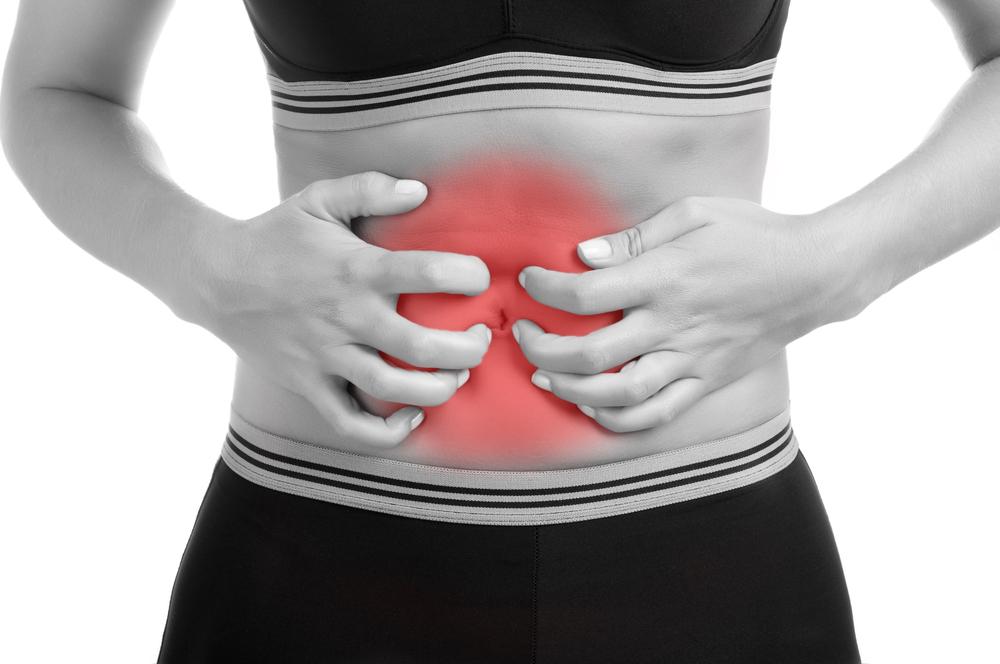Best Diet Options for Irritable Bowel Syndrome
Irritable bowel syndrome is a disease which restricts your diet immensely. There are different types of the disease and irritable bowel syndrome varies from person to person. You need to keep track of the food items that may trigger the syndrome. This can help you prevent it and lead a better, healthier life. The food items which make your symptoms flare up are called triggers. The IBS diet plans mentioned below will help you avoid problems with diarrhea, belly pain, bloating and constipation.

Irritable bowel syndrome constipation
There are several food items that can make IBS constipation worse. You need to avoid eating these food items and stick to a healthy diet plan. Here are a few food items you need to avoid at any cost.
- Coffee
- Carbonated drinks
- Alcohol
- Dairy products (especially cheese)
- Breads and Cereals Made with Refined Grains
- Processed Food Items
- High-Protein Diets
Minimize or nullify your intake of these food items and you will have a great IBS diet plan to go. This does not necessarily limit you to eating peanuts all the time. You can boost your fiber intake by 2-3 grams per day to increase the likelihood of you reacting better to IBS constipation. Try to eat 25-38 grams of fiber per day and reap its benefits. There are several good sources of fiber. These include whole-grain bread, beans, fruits, cereals, and vegetables. You can also eat food items such as dried plums and prune juice. These are rich in sorbitol which is also a substitute of sugar. Eat this in moderate amounts. Drink plenty of water on a daily basis and you should see improvements soon.
Irritable bowel syndrome-diarrhea
Frequent visits to the washroom are certainly draining for a patient suffering from diarrhea. You need to limit your diet considerably if you are suffering from IBS diarrhea. Avoid eating too much fiber as it is tough to digest. The insoluble kind is what you get in the skin of vegetables and fruits and you need to avoid it at all costs. Avoid the intake of chocolate drinks, caffeine, sorbitol, and fructose. While sorbitol is good for IBS constipation, it is bad for IBS diarrhea so do not get confused!
Do not have large meals, carbonated drinks, and friend and fatty foods. People who are lactose intolerant should avoid dairy products anyway. If you are allergic to gluten or have a bad reaction to it, avoid eating food items with wheat in it. Here are a few of the best IBS diet plans for those suffering from irritable bowel syndrome-diarrhea:
- Eat smaller portions. This does not mean you starve yourself. Make sure you eat healthy with limited intake of carbs.
- Eat appropriate amounts of soluble fiber. It adds to your stool as it decreases the liquid content. Some of the best sources of soluble fiber are barley, oats, and the flesh of the fruit, as well as brown rice dried fruits and whole grain pasta.
- Do not eat cold food items along with hot food items
- Do not drink water while you are having a meal
- Stay away from onions, broccoli, and cabbage.
Other triggers
Talk to your doctor about all the treatment options available for irritable bowel syndrome diarrhea and irritable bowel syndrome constipation. It is best to have a treatment planned out and to follow IBS diet plans accordingly. Try to avoid eating while you are driving or working. Do not eat too quickly. Stay healthy and exercise on a daily basis. You can also avoid chewing gum to prevent the onset of Irritable Bowel Syndrome. Try to cut out all distractions while you are eating and get at least thirty minutes of exercise. This can help reduce stress-related IBS and ease constipation.
It is not quite clear what causes the onset of irritable bowel syndrome. There are several treatment methods available for the same though. Follow IBS diet plans and get yourself treated at the earliest to avoid running the risk of suffering from the disease for a long period of time. There are some people who run a higher risk of contracting the disease, and women are twice as likely to get the disease as compared to men. This may be so because of changing hormones in menstrual cycles. Genes may play a role in you getting the disease as well. Try to avoid stressing out and maintain and live an enriching, fulfilling life.




